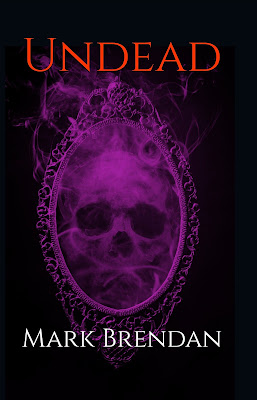3.5 out of 5 stars
How I discovered this book: it was submitted to Rosie's Book Review Team, of which I am a member.
In a Nutshell: Three macabre novellas of blood, terror and the living dead
In the first of these horror novellas, a man falls foul of the Spanish Inquisition and finds himself on a curious island where he comes under threat from unhuman terrors. The second tale is about a necromancer in the eighteenth century, and the final one about some members of Napoleon's forces stationed in Northern Africa, who are looking for a way out of their situation.
All three stories are highly inventive, and I very much enjoyed some aspects of all of them. My favourite was the last one, about the French deserters; this one really kept my attention and I was engrossed. The atmosphere of the time was so well written, and I particularly liked the early scenes at the site of the battle. I also liked the sections of the first one where the hero is a galley slave. The stories are fairly gory but not unnecessarily so; it worked.
I felt that the book, as a whole, could have done with a better copy editor/proofreader, as there were some wrongly used words and many punctuation errors, mostly missing vocative commas. The content editing is fine; the stories flowed well and were told in a way that kept my attention. It was just the incorrect punctuation and other errors that should have been picked up, that distracted me. Also, I felt that on several occasions the dialogue was too modern for the relevant periods in history. Not horrendously so, but I think an experienced copy editor could polish them up to something first rate.




